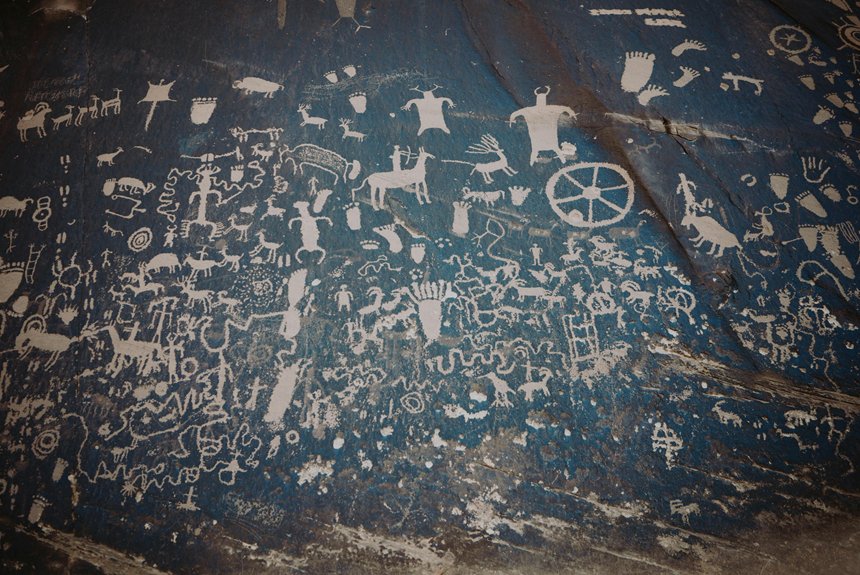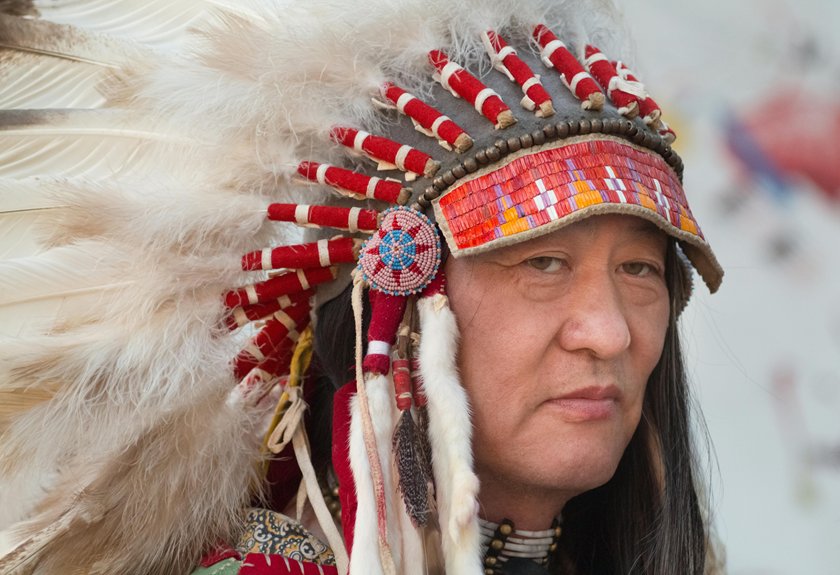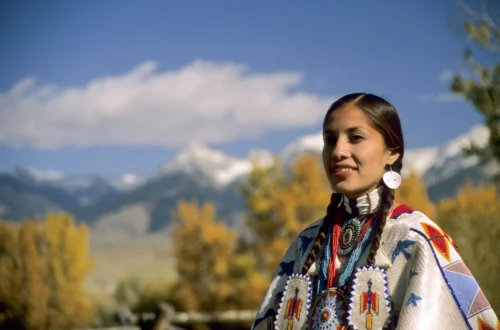You might think that Native Americans gained U.S. citizenship in 1924 with the Indian Citizenship Act, but the reality is much more complex. While this law aimed to acknowledge their rights, many states quickly implemented barriers to suppress their voting rights. This ongoing struggle raises important questions about sovereignty and representation. What does true citizenship mean for Indigenous peoples today? The fight for equality and recognition continues, shedding light on contemporary challenges they face.
Early Relations Between Native Americans and the U.S. Government
When the United States emerged as a nation, its relationship with Native Americans was complex and often contentious, shaped by a mix of cooperation and conflict.
In the early days, treaties were made, promising land and protection in exchange for peace. Yet, these agreements were frequently broken, leading to mistrust.
You might see how interactions varied: some tribes engaged in trade, while others faced violent confrontations.
The U.S. government often viewed Native Americans as obstacles to expansion, disregarding their sovereignty and cultural significance.
This exploitation created deep-rooted issues that still resonate today.
Understanding these early dynamics helps you appreciate the ongoing struggles for recognition and rights that Native communities face.
Acknowledging this history is essential in advocating for justice and equity.
The Dawes Act and Its Impact on Native Sovereignty
The passage of the Dawes Act in 1887 marked a significant turning point in the U.S. government’s approach to Native American sovereignty. This legislation aimed to assimilate Native Americans into American society by allotting individual plots of land, effectively dismantling communal tribal lands.
While it was portrayed as a way to empower Native individuals, it eroded tribal identity and governance structures. You might see how this act caused significant loss of land, resulting in a staggering decrease in Native-held territory.
The Dawes Act disrupted traditional lifestyles and weakened the bonds of community, leaving lasting scars on Indigenous nations. Understanding this historical context is essential to grasp the ongoing struggles for sovereignty and self-determination faced by Native peoples today.
The Indian Citizenship Act of 1924
In 1924, the Indian Citizenship Act granted U.S. citizenship to all Native Americans born in the country, a landmark decision that aimed to rectify some of the injustices inflicted by previous policies.
This act recognized the inherent rights of Indigenous peoples, acknowledging their long-standing connection to the land.
However, even with this newfound citizenship, Native Americans faced numerous challenges in fully exercising their rights. Many states found ways to circumvent the act, imposing barriers that limited voting and participation in government.
Understanding the significance of the Indian Citizenship Act is essential, as it highlights both progress and ongoing struggles for Native rights.
It reminds us that true citizenship encompasses more than legal status; it involves respect, representation, and recognition of sovereignty.
State-Level Restrictions on Voting Rights
Although the Indian Citizenship Act of 1924 granted Native Americans the legal status of U.S. citizens, many states quickly imposed restrictive measures that undermined their voting rights.
States enacted laws like literacy tests and poll taxes, targeting Native voters and making it harder for them to participate in elections. These barriers reflected a broader pattern of discrimination, aiming to suppress Indigenous voices.
It’s essential to recognize that even today, some Native Americans face challenges, including language barriers and complex registration processes.
As you explore this history, consider the ongoing fight for equitable voting rights. Advocating for fair access isn’t just about history; it’s about ensuring that all citizens, regardless of background, can exercise their fundamental right to vote.
The Role of the Indian Civil Rights Act of 1968
Recognizing the ongoing barriers Native Americans faced in exercising their rights, the Indian Civil Rights Act of 1968 emerged as a landmark piece of legislation. This act aimed to guarantee that tribal governments uphold individual rights, similar to those guaranteed by the U.S. Constitution.
You’d see significant changes, as it protected freedoms like speech, religion, and due process for Native citizens. However, it didn’t grant full jurisdiction over criminal matters, leaving tribes with limited authority.
As a result, the act highlighted the complexities of sovereignty while empowering Native communities to advocate for their rights. Ultimately, it served as an essential step towards recognizing and reinforcing the civil liberties of Native Americans, paving the way for future advocacy and legal battles.
Ongoing Legal Battles for Voting Rights
As the struggle for voting rights continues, many Native Americans find themselves confronting systemic barriers that hinder their participation in elections.
These challenges, rooted in a complex history, require ongoing legal battles to guarantee fair access. Here are some key issues at play:
- Voter ID Laws: Many states impose strict ID requirements that disproportionately affect Native voters.
- Polling Locations: Limited access to polling places on reservations can lead to long travel distances and wait times.
- Language Barriers: Inadequate resources for non-English speakers can disenfranchise voters from tribal communities.
- Misinformation: Campaigns aimed at Native voters often spread false information about voting procedures and deadlines.
These challenges highlight the need for advocacy and reform to secure the voting rights of Native Americans.
Your voice matters in this fight for equality.
The Importance of Tribal Sovereignty
Understanding the significance of tribal sovereignty is essential for appreciating the rights and self-determination of Native American communities.
Tribal sovereignty grants these communities the authority to govern themselves, manage their resources, and uphold their cultural practices. It’s not just a legal concept; it embodies a deep connection to identity and heritage.
Recognizing this sovereignty means acknowledging that Native Americans have unique rights that stem from treaties and historical agreements, often overlooked in mainstream discourse.
When you support tribal sovereignty, you advocate for a system where Indigenous voices matter, and communities can thrive on their terms.
This respect for self-governance is crucial for fostering meaningful relationships and ensuring justice for Native American peoples in a historically complex landscape.
Contemporary Issues Facing Native American Citizens
While many people may assume that Native American communities have fully overcome historical challenges, contemporary issues still profoundly impact their citizens.
These challenges reflect longstanding systemic inequities and require urgent attention.
- Economic Disparities: Many Native communities struggle with high poverty rates and limited job opportunities.
- Health Care Access: Citizens often face barriers to quality healthcare, leading to significant health disparities.
- Education Gaps: Underfunded schools contribute to lower educational attainment and fewer opportunities for youth.
- Environmental Hazards: Many reservations deal with pollution and land issues that threaten their natural resources and way of life.
Understanding these issues is essential for fostering advocacy and support for Native American rights, ensuring a better future for their communities.




